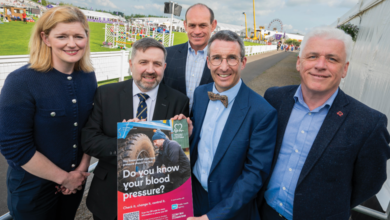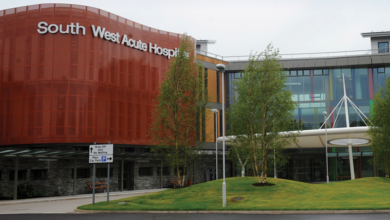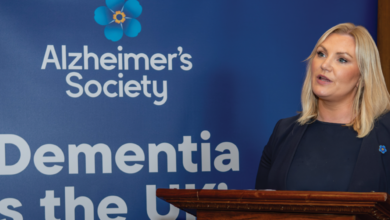Changing health and social care
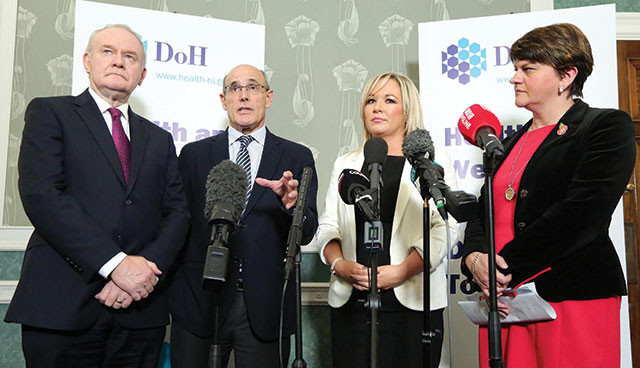
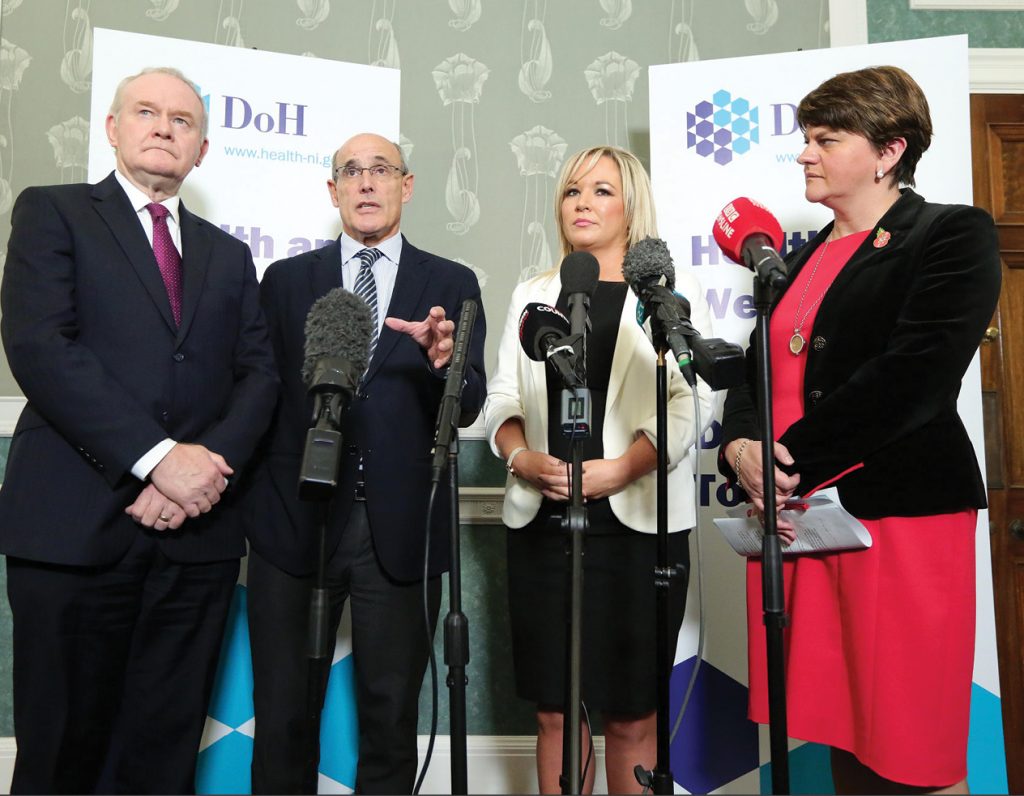
The Minister for Health’s 10 year strategy for reform, Delivering Together, has been shaped but not defined by recommendations drafted by the expert panel, led by Professor Rafael Bengoa. While finer details of the Minister’s vision, such as costing, remain to be set, agendaNi outlines the recommendations within the Bengoa report.
The establishment of an expert panel to outline reform of health and care services for improvement was based on a recommendation dating back to 2014 when the Donaldson report stated that Northern Ireland was operating too many hospitals for such a small population. The Donaldson report was just one of three major reviews of the health service, including the 2011 Transforming Your Care, which recommended halving Northern Ireland’s 10 acute hospitals and investing almost £100 million in community care; and the Maurice Hayes review in 2001, which recommended removing A&E services from Northern Ireland’s five smallest hospitals and building a new acute hospital in county Fermanagh.
In January 2016, growing pressures on the health system led then Health Minister Simon Hamilton to appoint the expert panel review and inform on the best way forward for reconfiguration of the system, a report that has now been considered and acted upon by Michelle O’Neill.
As the Executive’s biggest portfolio in terms of the budget, the Department is already allocated around 46 per cent of the overall executive budget, but it estimated that, just to stand still, delivering its current model of health and social care would require a 6 per cent budget increase annually. Projections that there would be a need for £9 billion by 2026/27, around 90 per cent of the current Executive budget, have been recognised as being unsustainable. However, it is not just finances that have led to a need for transformation of services away from the acute-centred model delivered since the 20th Century.

The Bengoa report identifies a number of challenges that have forced change including an ageing, and growing, population with increasingly complex needs. As well as a swell in the volume of people needing to use services, the fact that the population is living longer is expected to apply more pressure in terms of treatments needs. The system is already not currently meeting the demand and the report suggests that this is partly because people in Northern Ireland are “disproportionately high users of urgent care”, while beds are being occupied by those no longer acutely unwell because of delays or failings in care.
Health inequalities still exist largely in Northern Ireland’s areas of deprivation brought about by a lack of funding on health and social care, while new technologies cannot be funded in these areas. Problems in service delivery also plays a large role in the workforce mentality, the report notes, including a disempowerment by a large section to do their job to their full capacity. The challenges have led to a reduction of innovation and improvement in the face of crisis management, while the current acute models reliance on “expensive locum and agency staff” has left services vulnerable and “close to collapse”. The report also notes that the current system has meant that potential in the community and voluntary sectors remain untapped.
Stating that the current service model is not financially or practically sustainable in the long-term, delivering care via historical patterns have meant that population need is not assessed and services are planned filling rotas rather than patient needs.
“We should be under no illusion that transformation will be anything other than a long and difficult road. These reforms are, and they need to be ambitious.
Triple Aim
Describing the current model as the “burning platform”, the report recommends that a whole-system transition is based on the internationally recognised framework, Triple Aim, already being deployed through some new innovations in Northern Ireland. It also suggests a potential fourth aim focussing on improving the work lives of those who deliver care. The framework’s three strands are:
- improving the patient experience of care (including quality and satisfaction);
- improving the health of populations; and
- achieving better value by reducing the per capita cost of health care.
Overall the report makes 14 recommendations, including the Triple Aim method. A shift away from hospital centred care to a more integrated model is suggested, building on existing organisations of federations and trusts and offering clear strategic direction under Accountable Care Systems (ACS). As well as regionalised planning for specialised services, concentrated on a small number of high volume sites, which do not suit the ACS model.
Investment in eHealth is recommended to drive better population health outcome, while primary care based models should be immediately developed to utilize the skills of those developing health and social care, such as nurses and pharmacists. This will assist with identifying cost-effective social interventions which are best placed to address social needs and improve health, especially in relation to health inequalities and social groups in need.
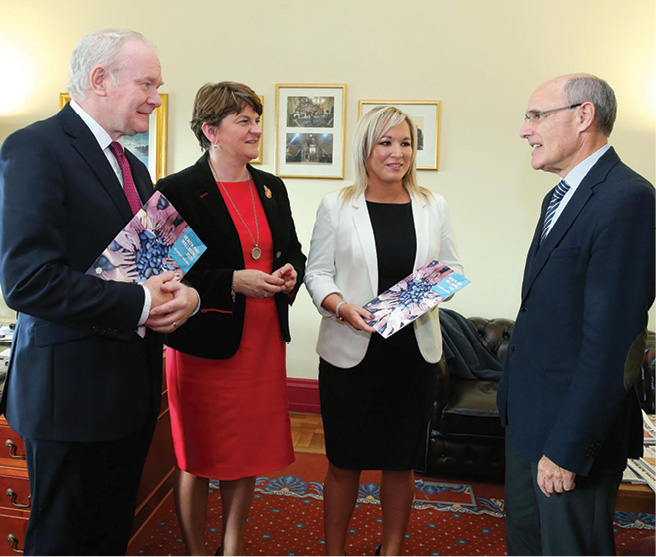
Transformation to the health service will not be successful under isolated initiatives, instead the 10-year model, implemented by Michelle O’Neill, allows for the alignment around a common, service-wide vision of transformation. The report recommends immediate (within 12 months) plans, costs and timescales for Accountable Care Systems, better patient experience of care, value-based costing on a three-year budget cycle and an eight to 10 year workforce strategic framework. Acknowledging that the any move will require additional funding, the report recommends the establishment of a ring-fenced transformation fund.
The fund will be managed by a transformation board, supported by the Department, who will help develop local systems of care and promote local decision-making, innovation and improve best practices. The Department is urged to consider scaling up existing good practice on a regional level where there is clear evidence of improved outcomes or service users. This can be transitioned by two innovative projects per year.
In reference to specialist services, the report recommends concentrating the specialism in areas of high volume where training can take place alongside appropriately-trained staff to deliver better outcomes, with public engagement and understanding of the process.
While action needs to be taken to address waiting lists and waiting times in Northern Ireland, dealing with the current crisis should not be allowed to overshadow the need for long-term transformation.
Leadership
A new form of leadership will be required to deliver integration of care and networking among delivery organisations, moving away from the traditional top-down model. Engagement among all sectors is vital going forward and the report recommends consideration of an immediate platform for more open and immediate conversation with staff and service users.
Focussing on rationalisation, the report states: “The evidence contained in the burning platform shows the clear impact of inaction. Furthermore, changing these services is not optional; it’s inevitable. The choice is not whether to keep services as they are or change to a new model. Put bluntly, there is no meaningful choice to make. The alternatives are either planned change or change prompted by crisis.”
The report outlines a criteria for assessing the sustainability of current services and advises the Department to apply it to five services annually to set out the future configuration of services to be commissioned (or not) from the Accountable Care Systems.
Finally, it is recommended that a senior leader is appointed to lead the overall process at a regional level.
Minister O’Neill’s ambitions set out in Health and Wellbeing 2026: Delivering Together
Stabilisation:
Reduce waiting lists; invest in primary care; public consultation on GP federation switch to HSC bodies; extension of placement options for looked after children; community pharmacist access to electronic care record; and develop framework for improved community pharmacy services.
Reconfiguration and service change:
Clinically-led service configuration reviews; public consultation on pathology; implementation of Diabetes Strategic Framework, paediatric strategies, stroke services and imaging services; location and service specification for elective care centres and assessment and treatment centres; reform of planning and administration of HSC; and identify and expand innovative HSC projects.
Transformation:
Staff and service user engagement; fill transformation oversight structure membership; reform adult social care and support; new user feedback platform; design improvement institute; develop workforce strategy; develop HSC-wide leadership strategy; and develop patient portal for dementia patients.

